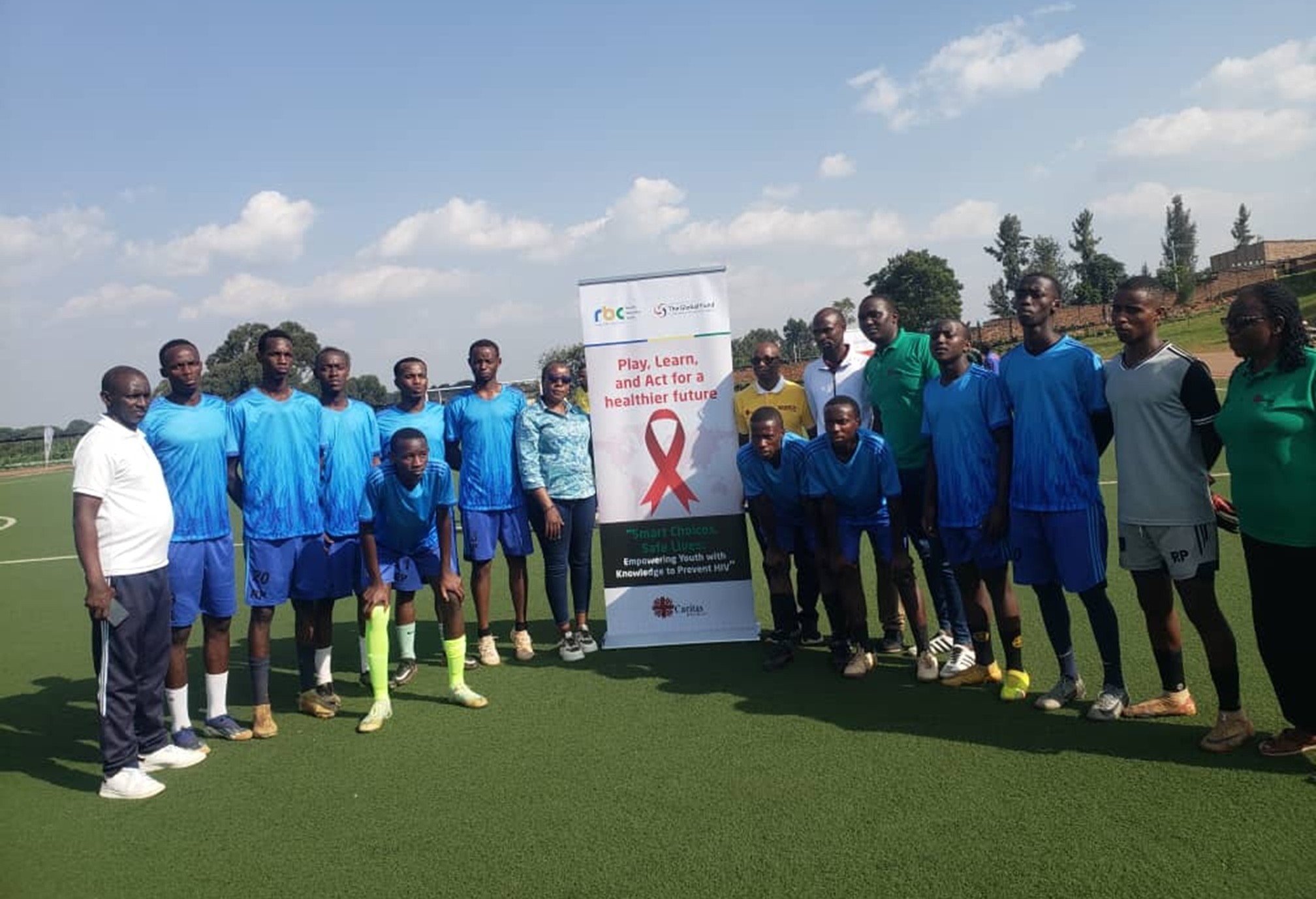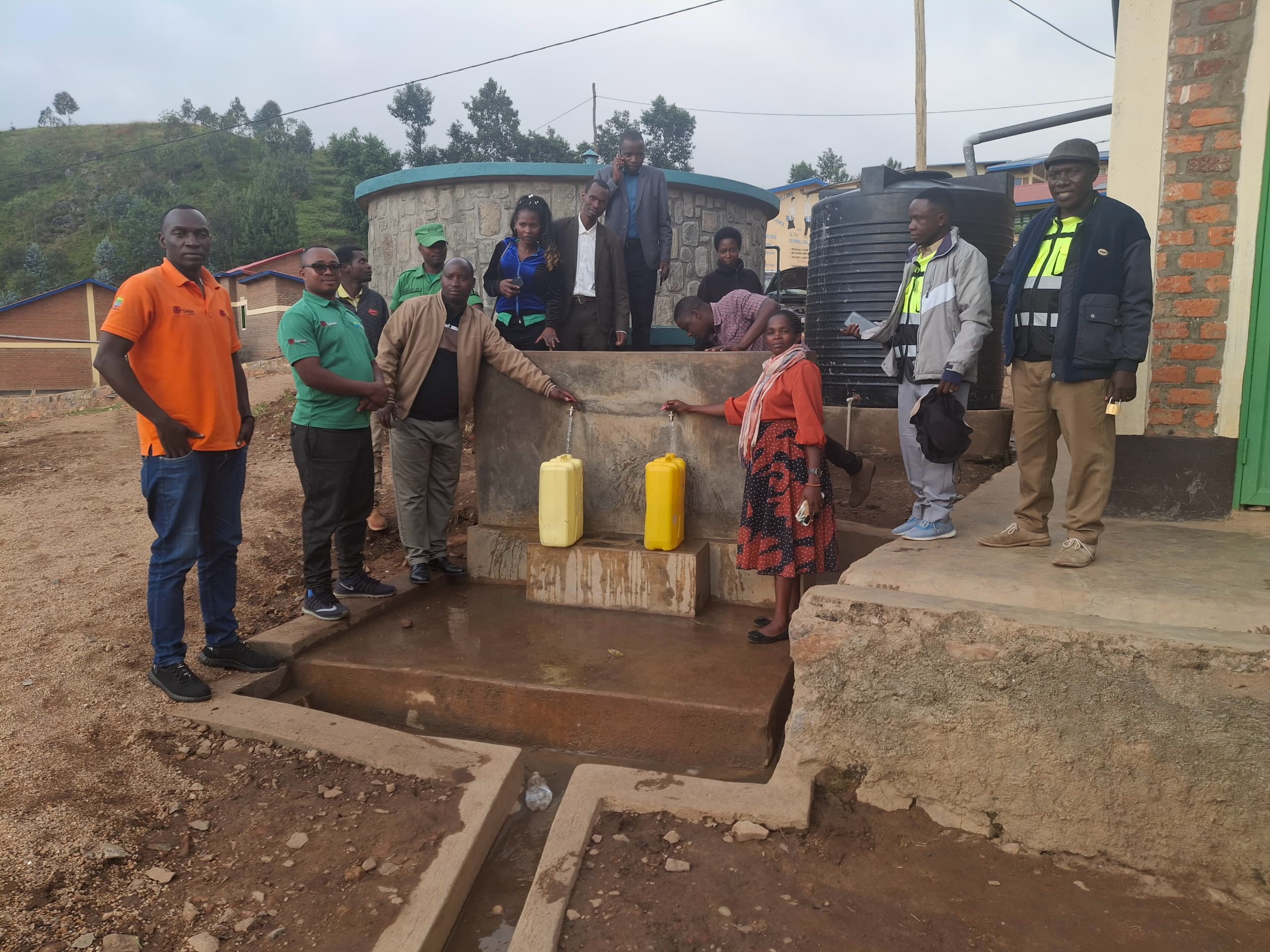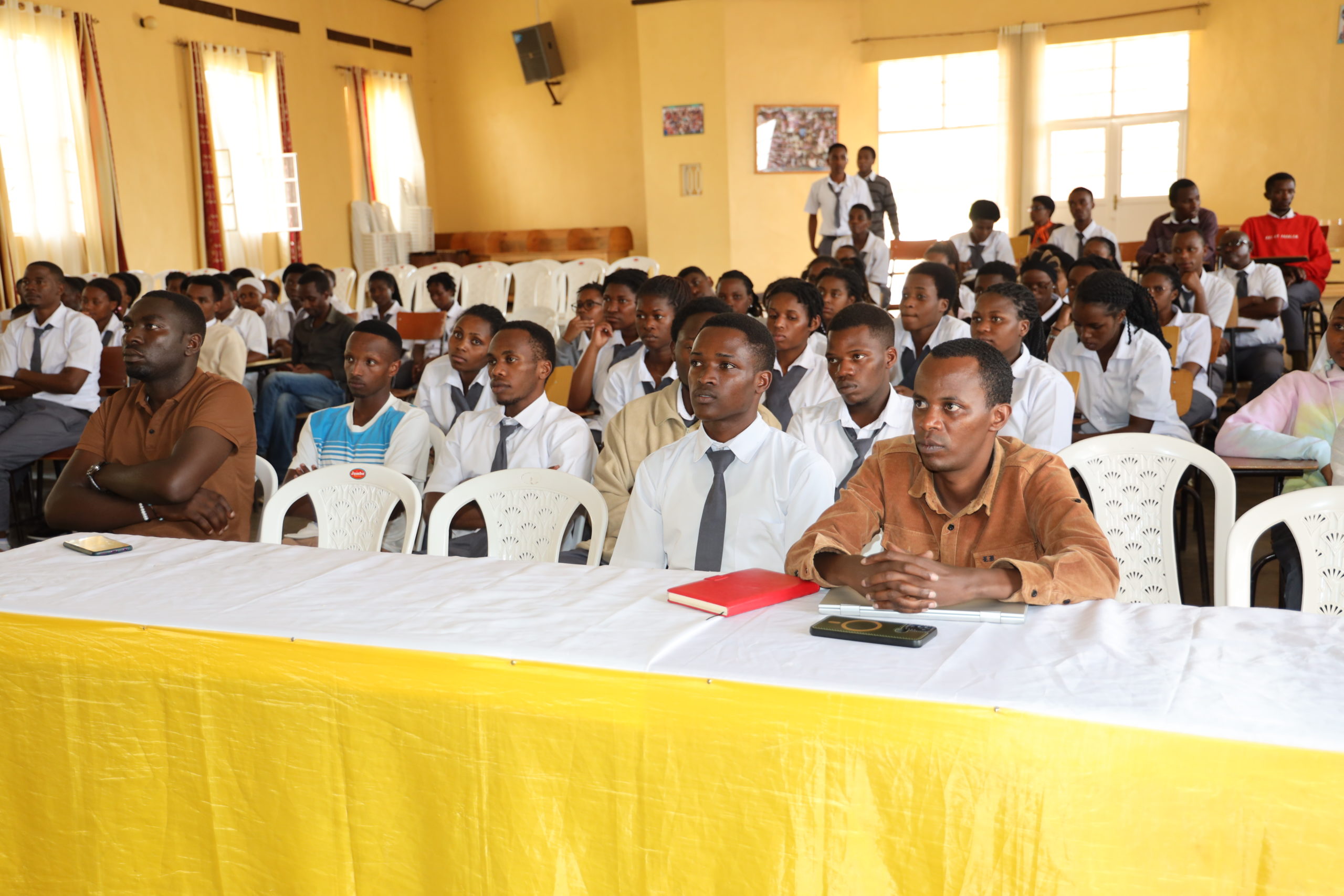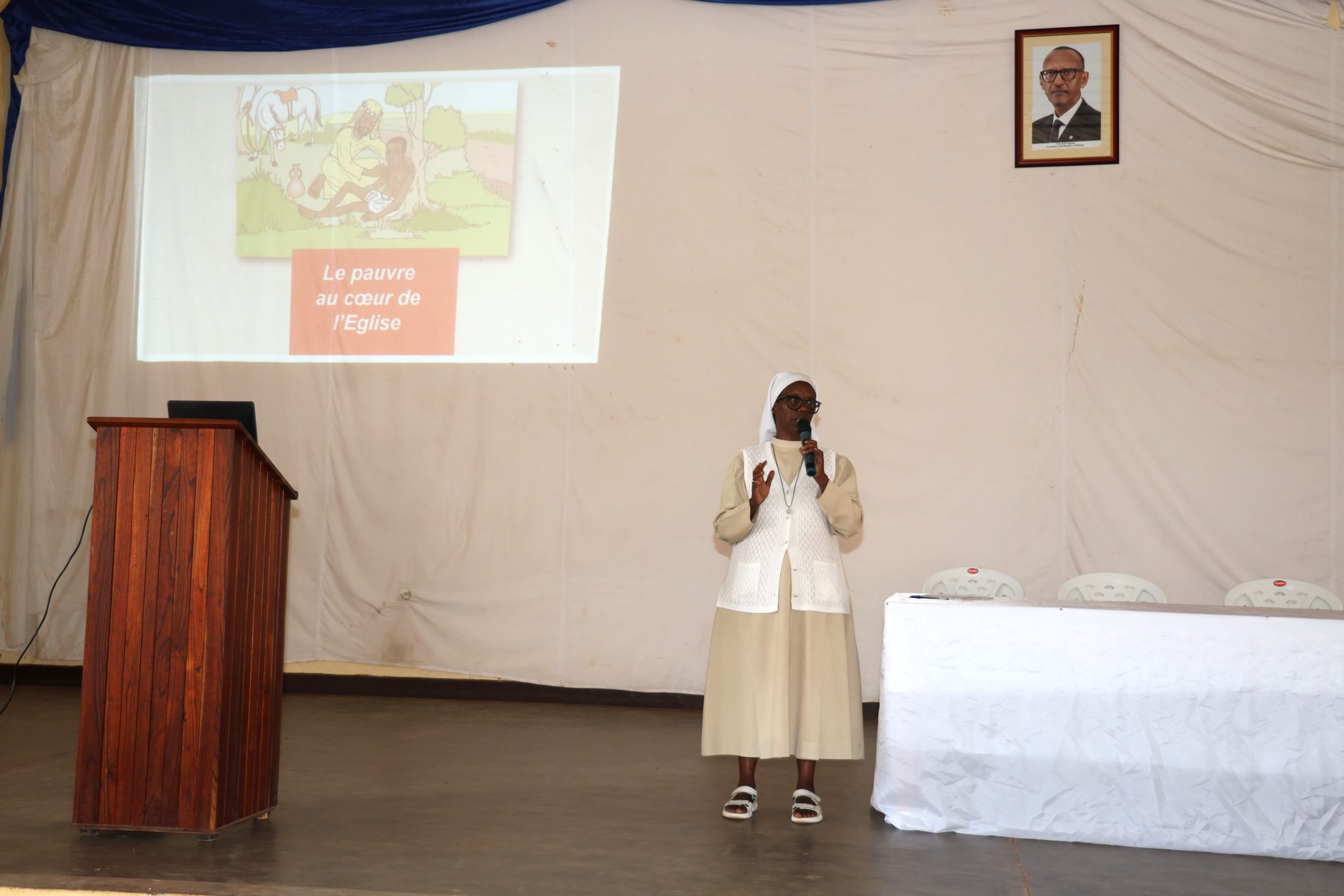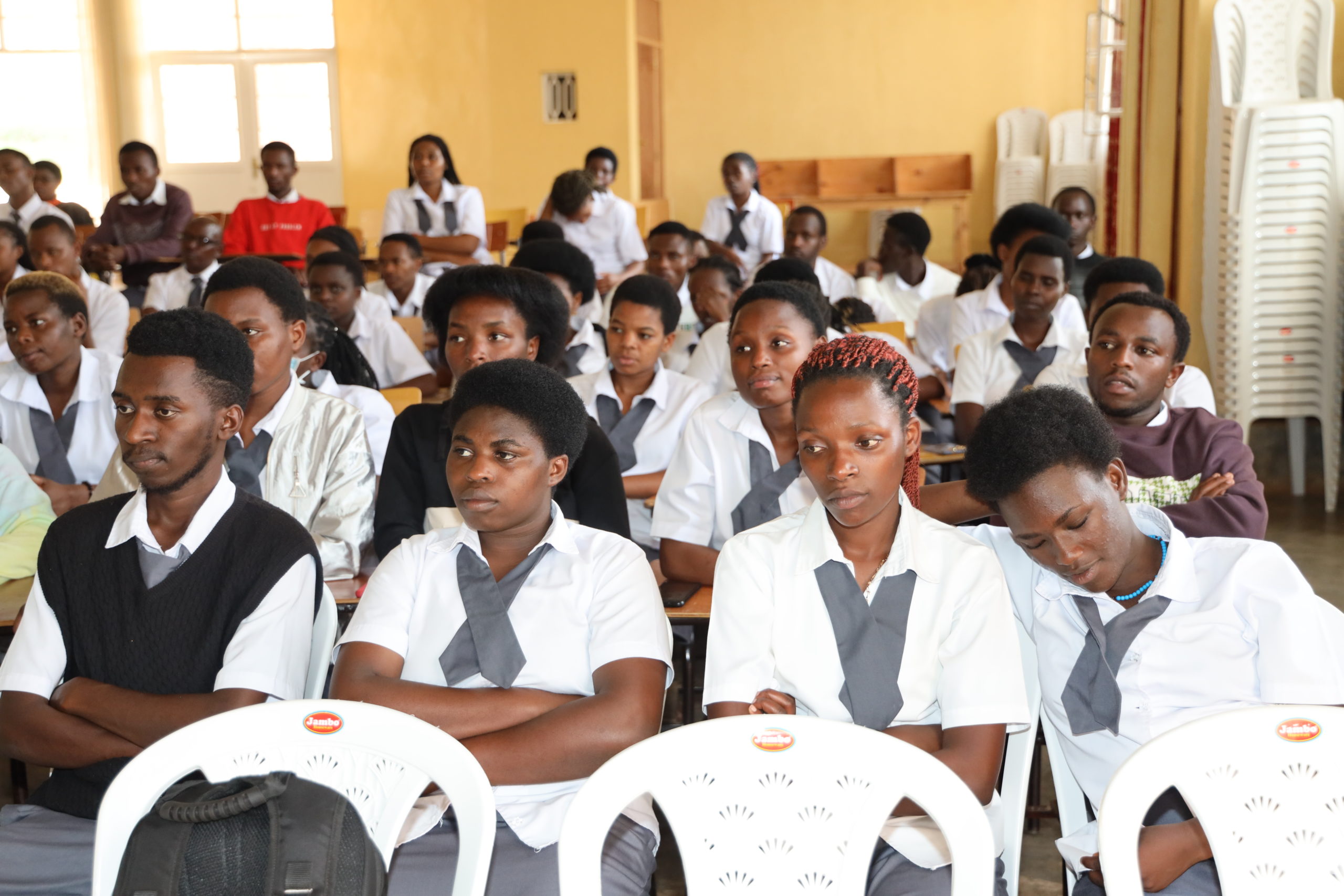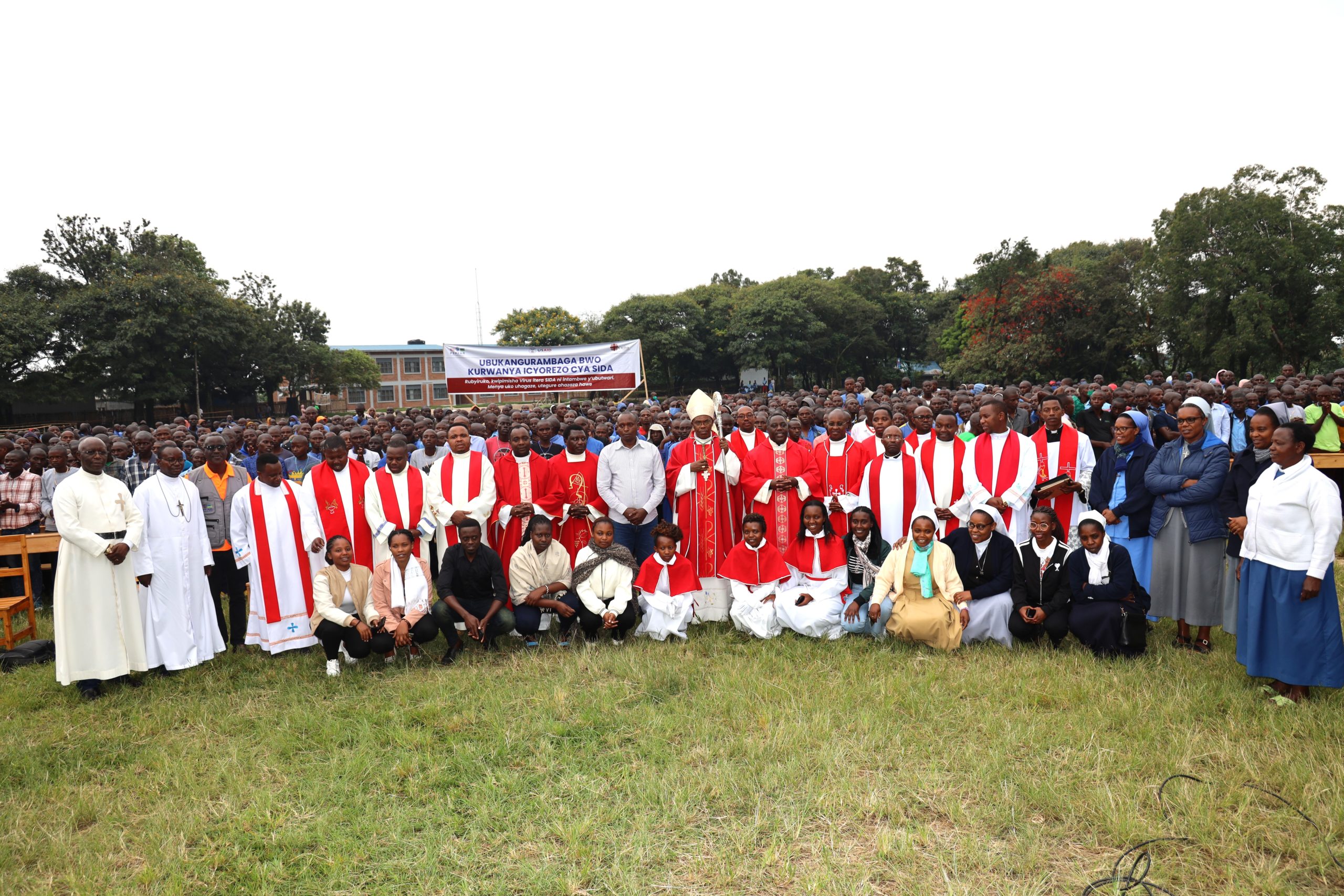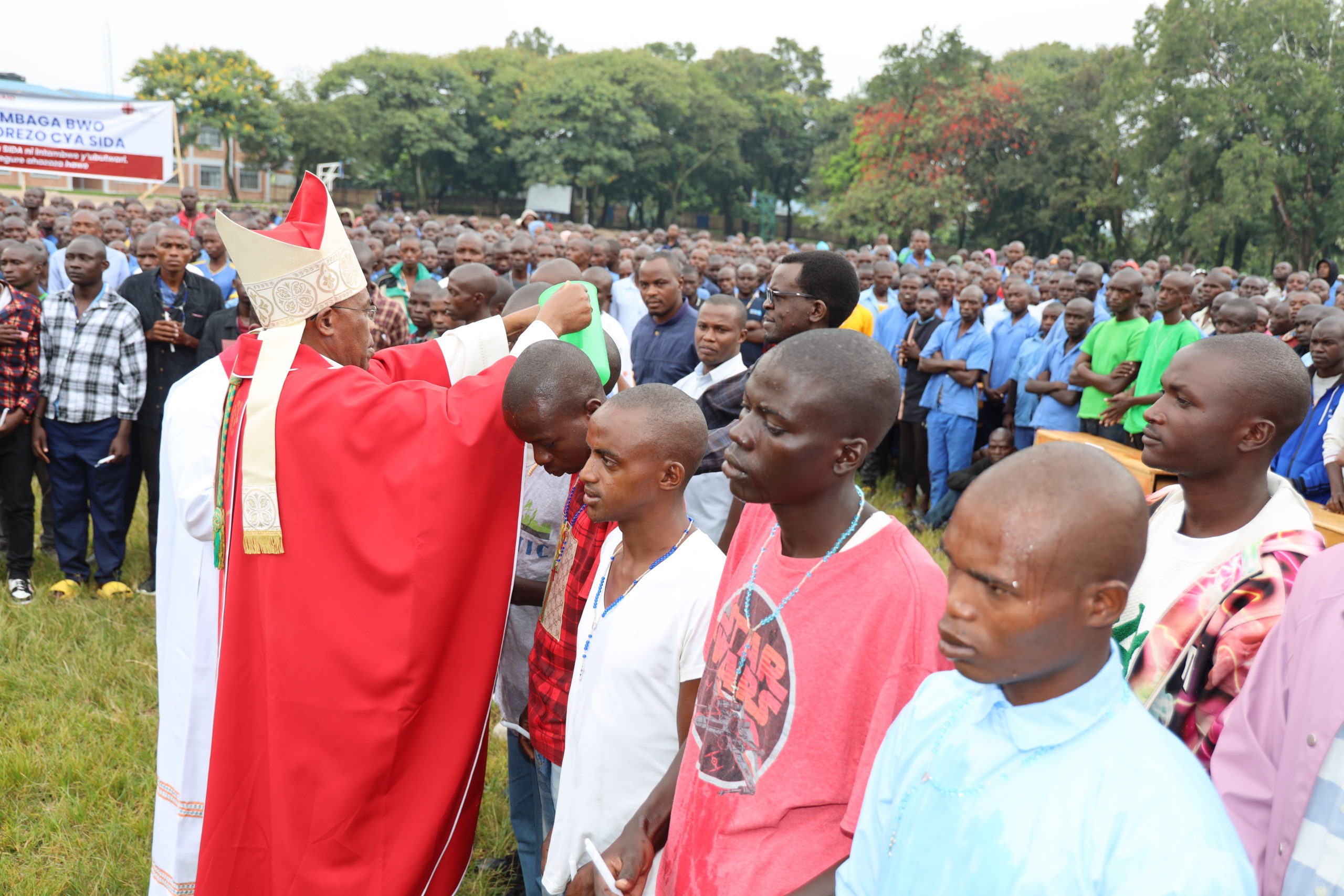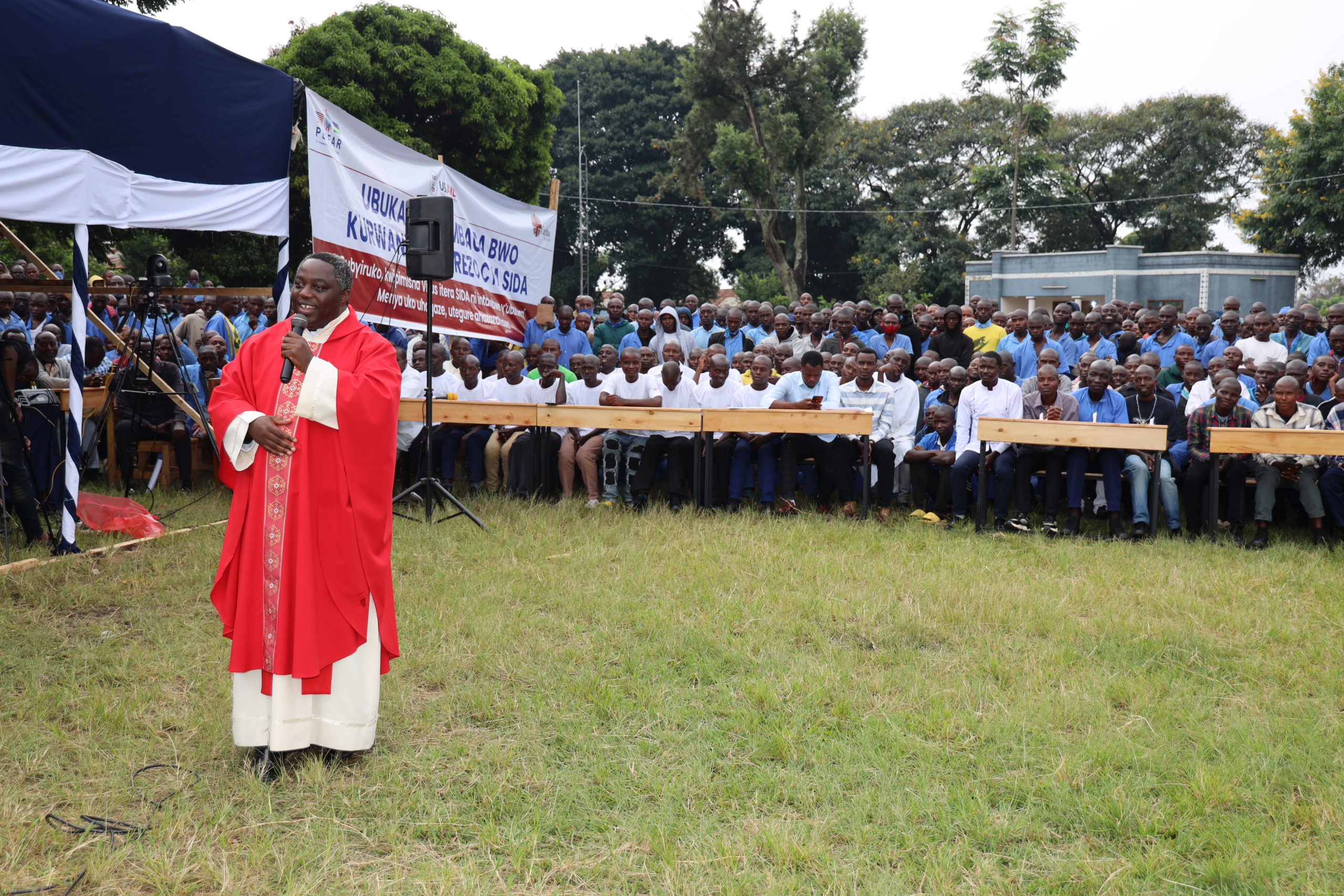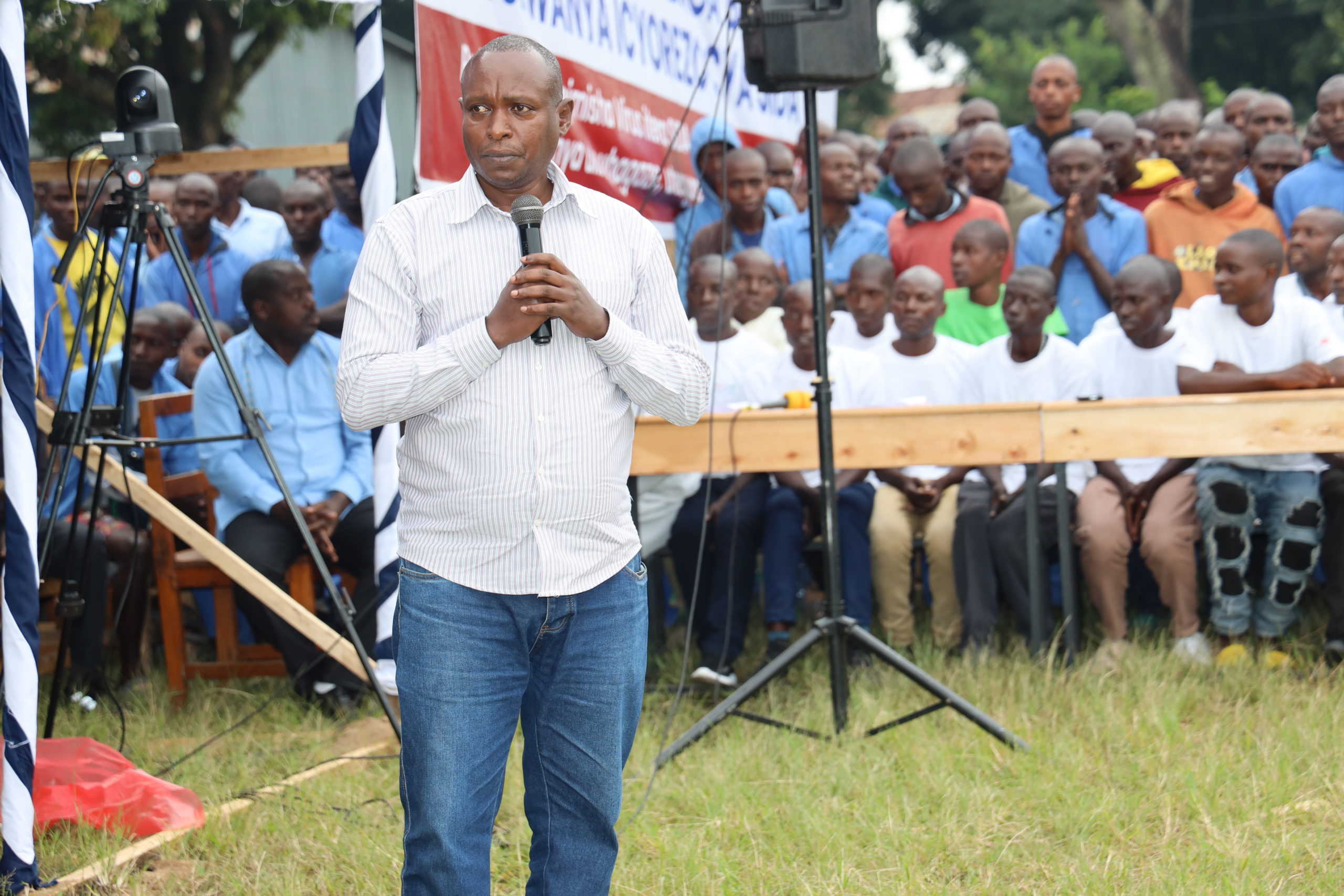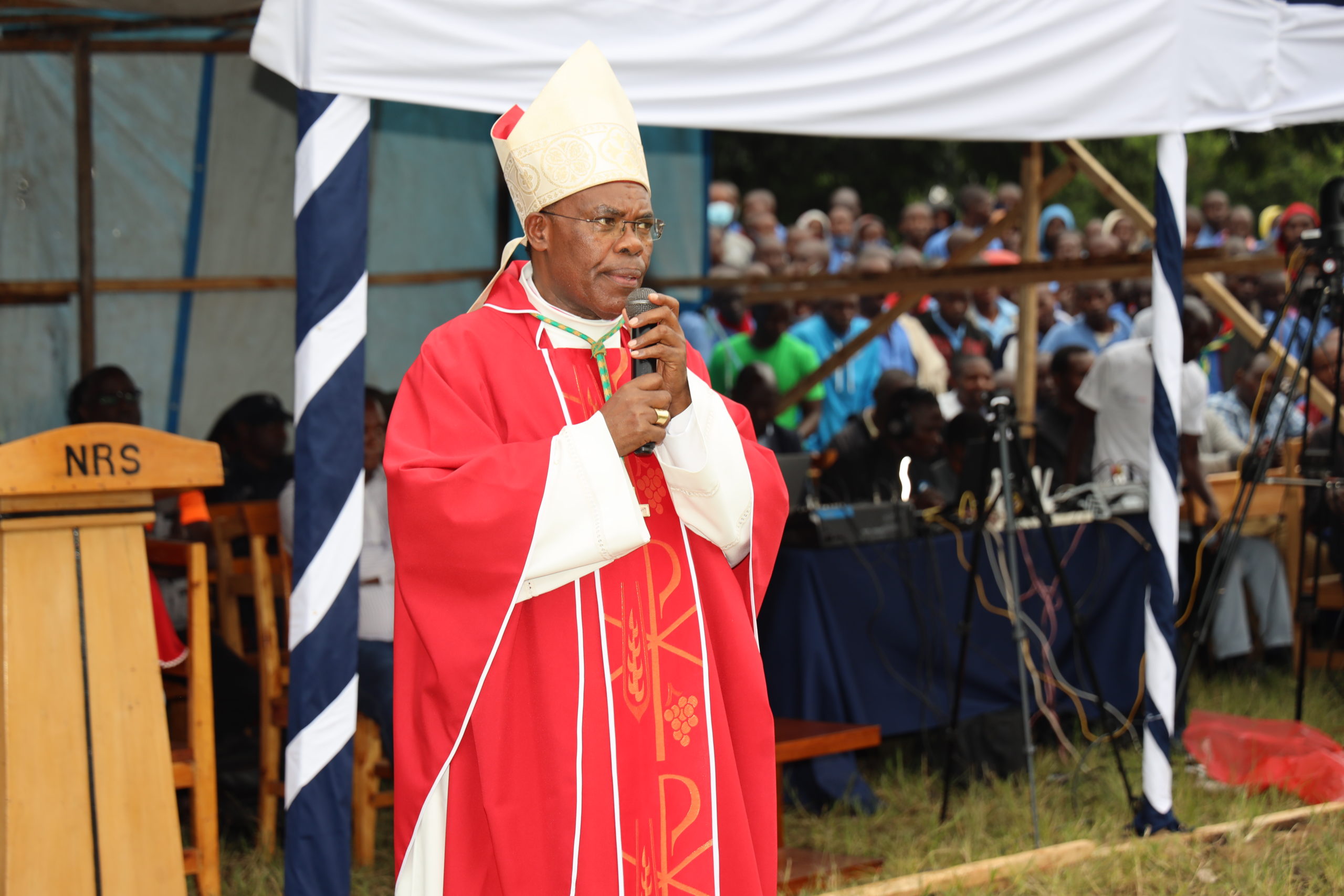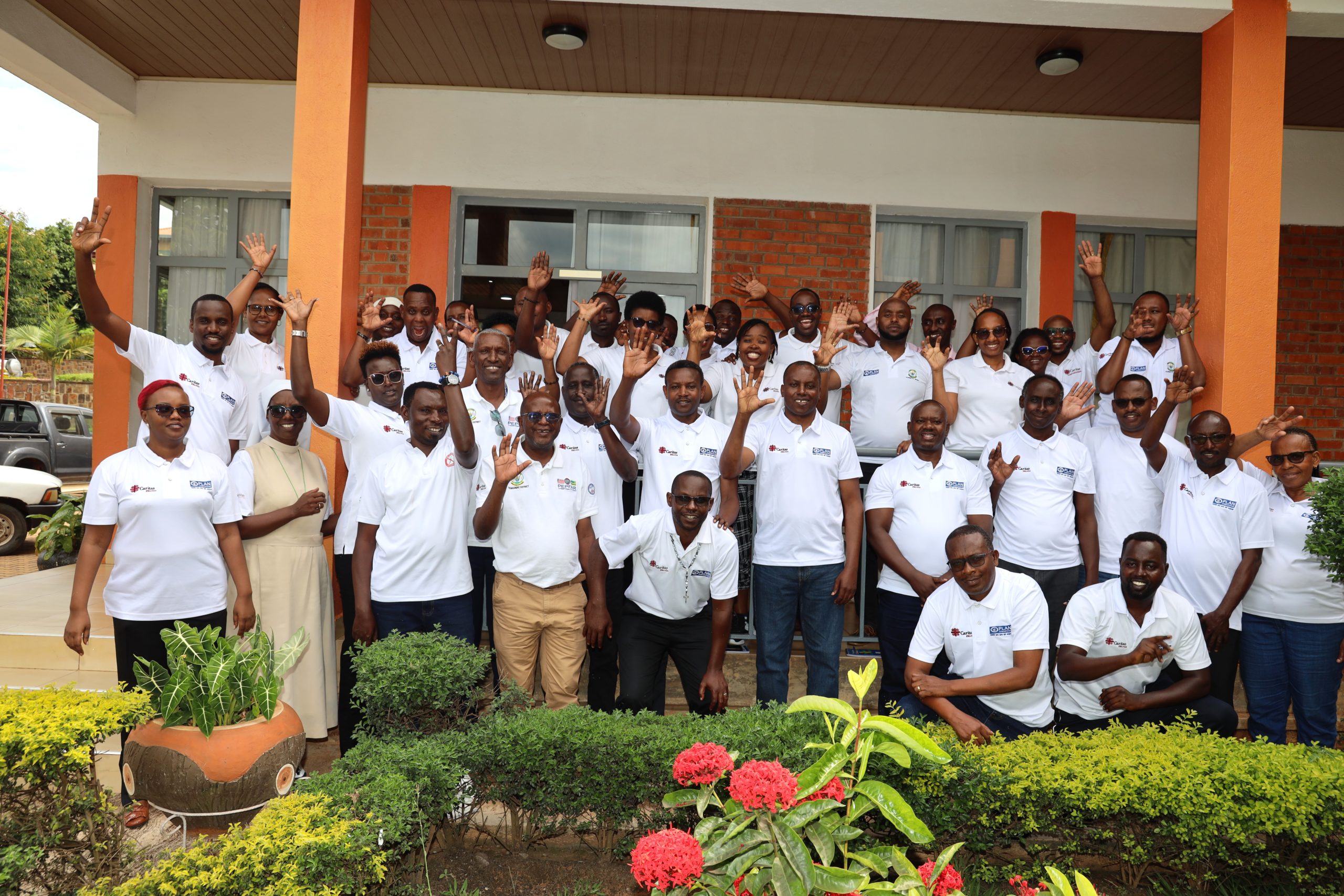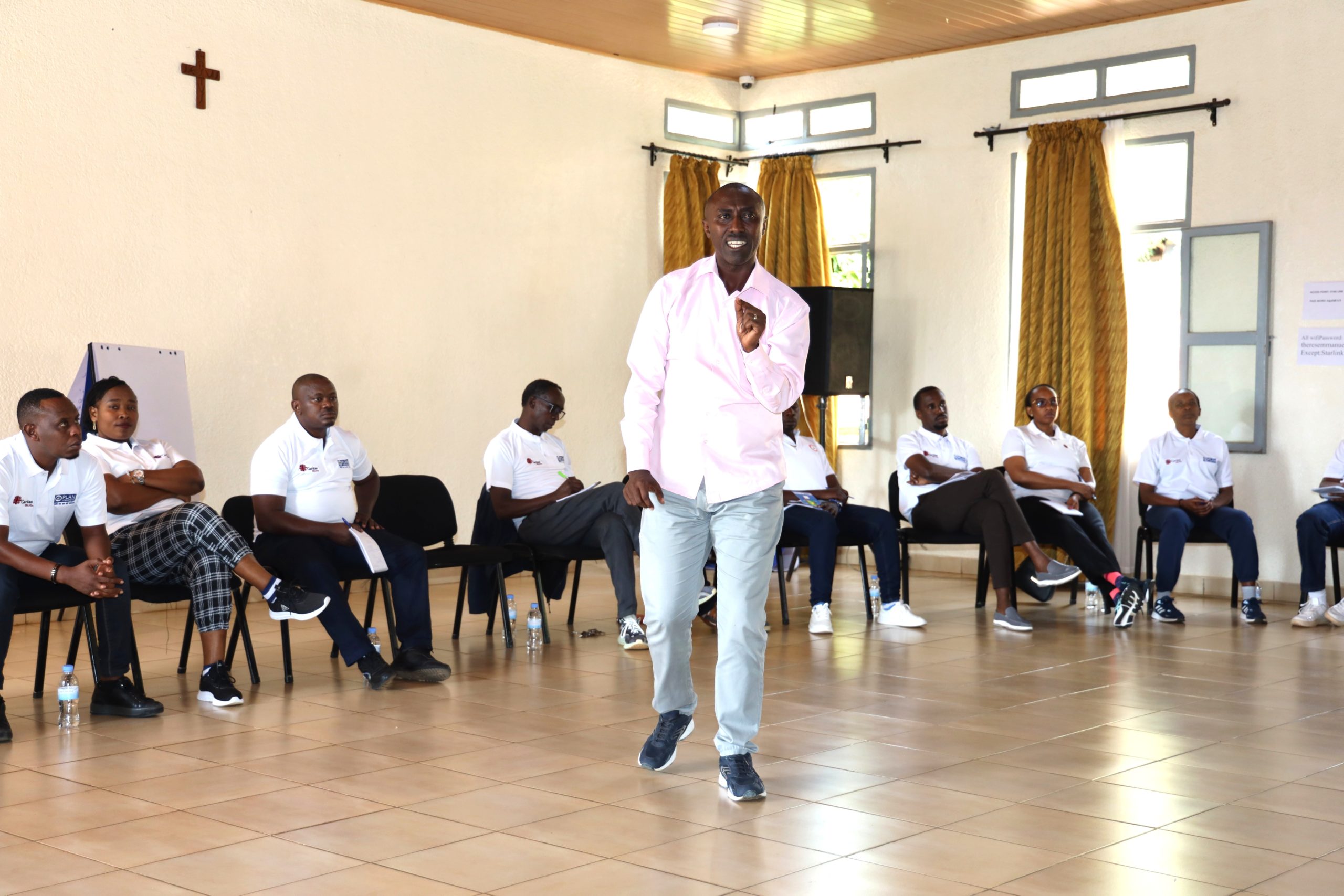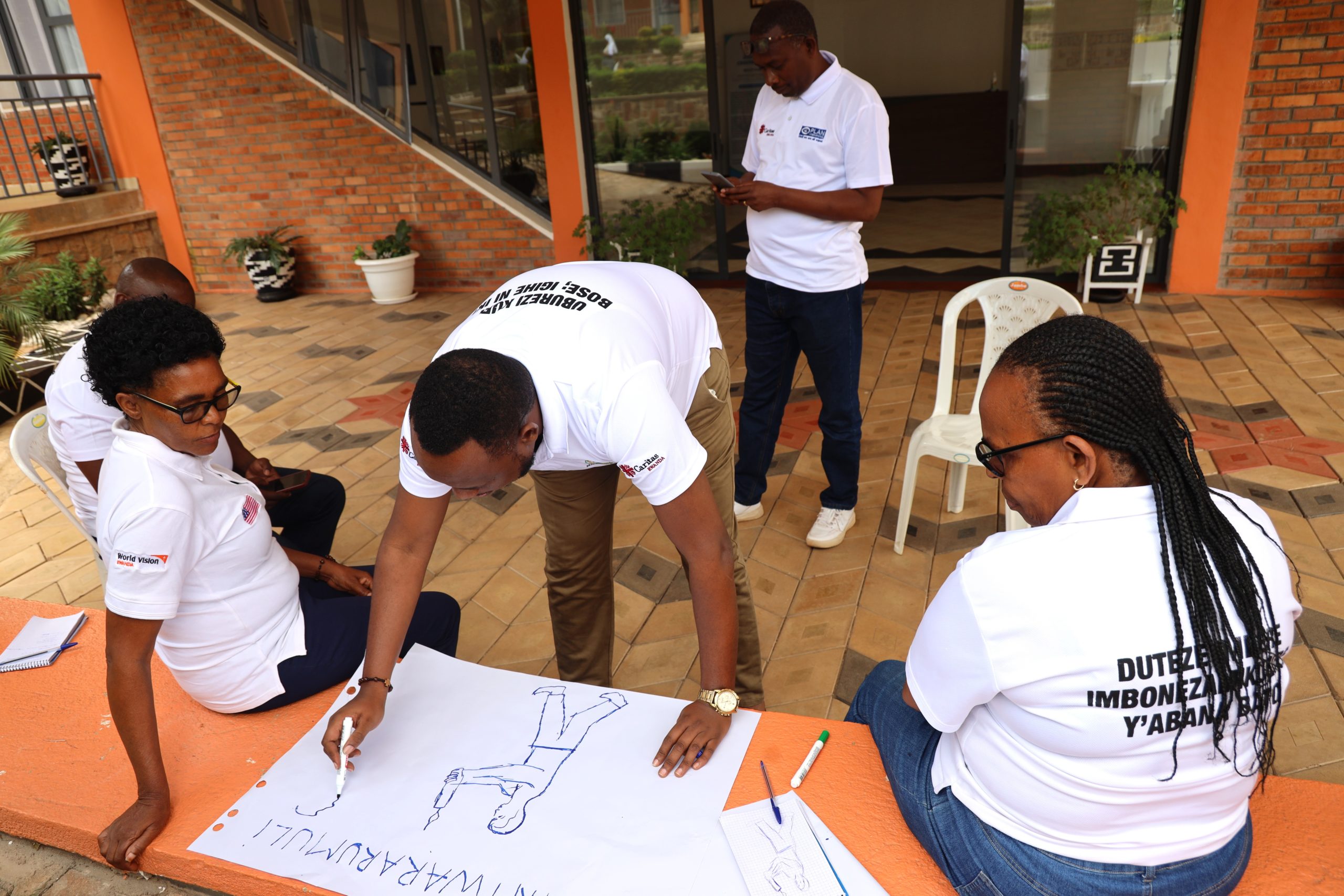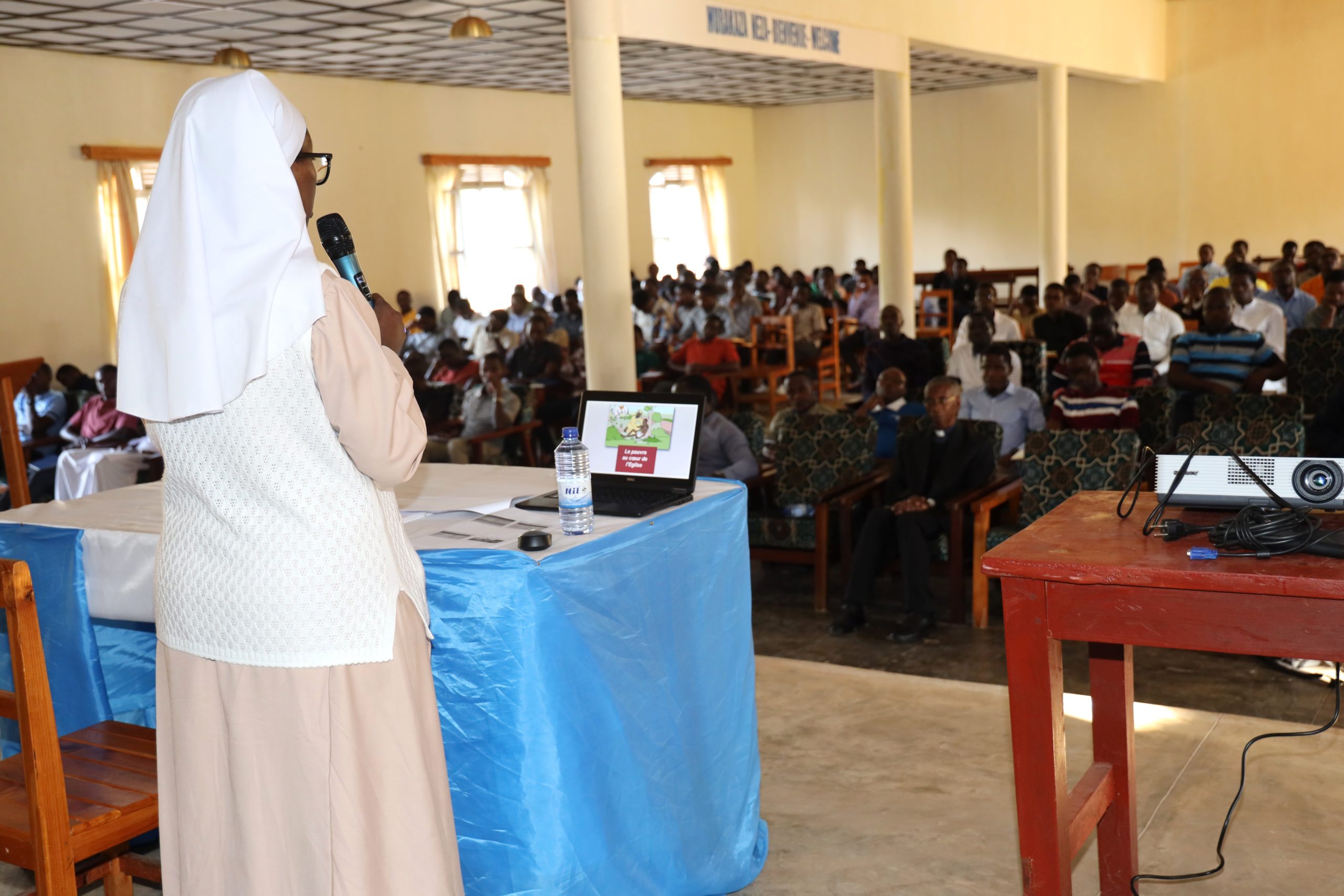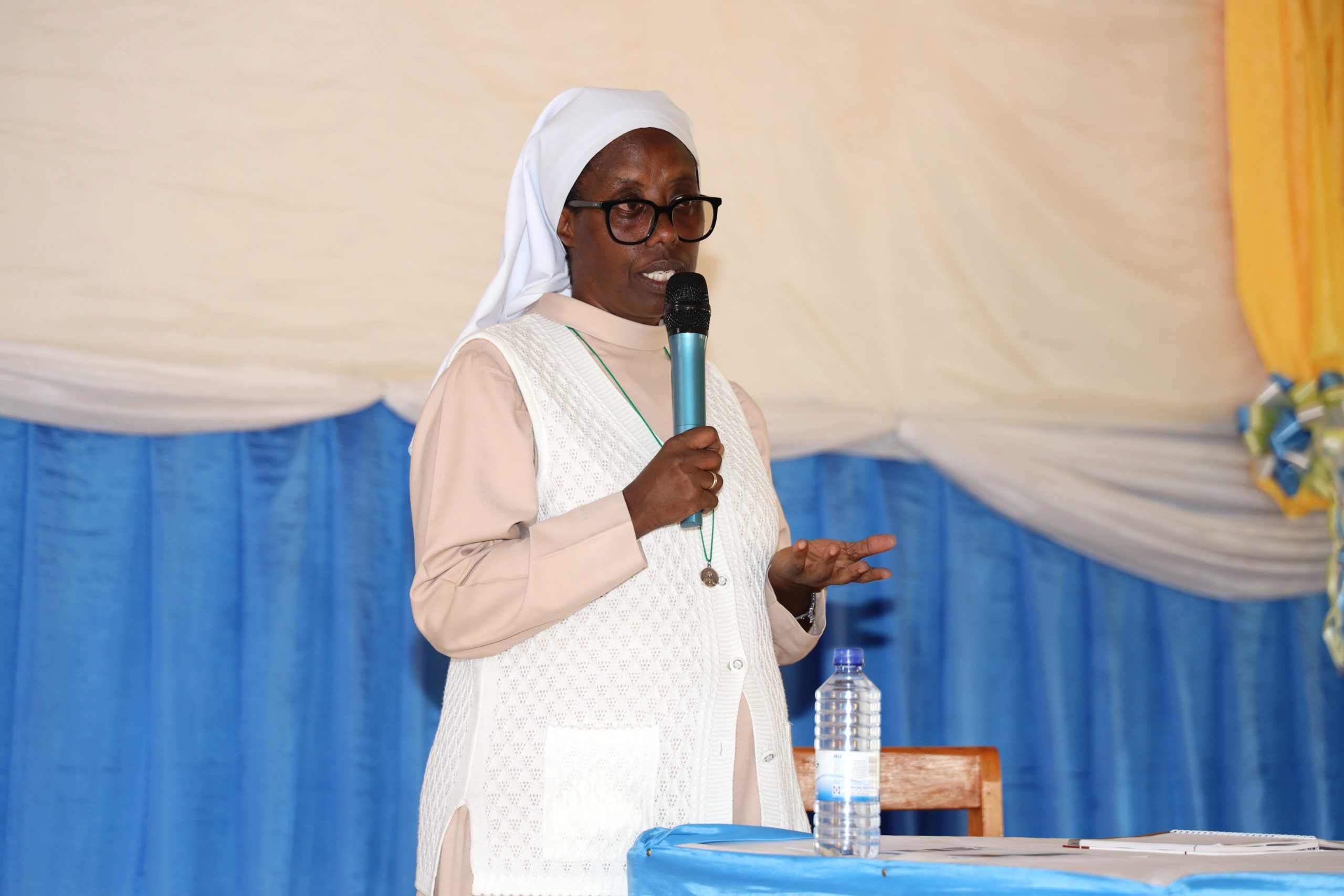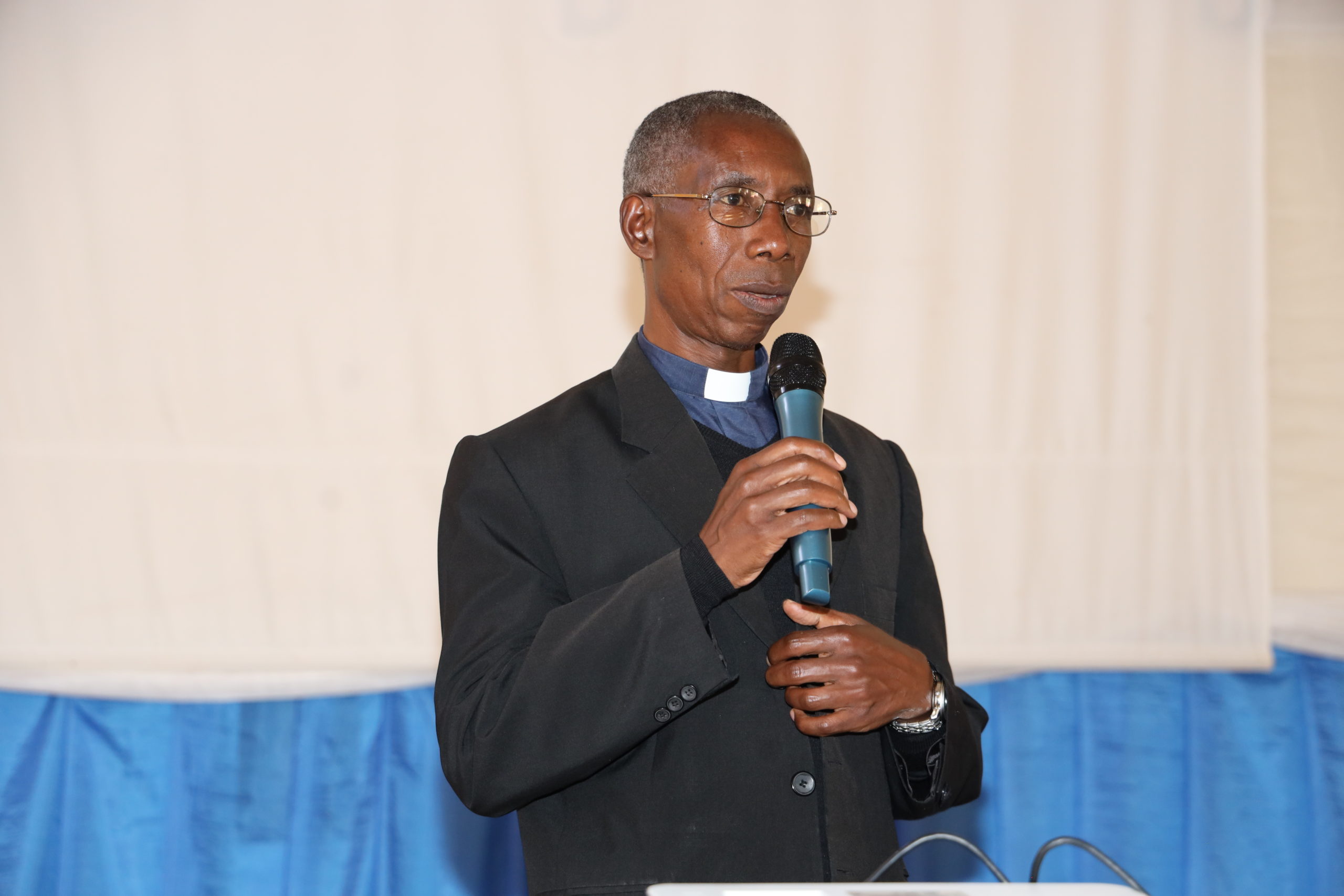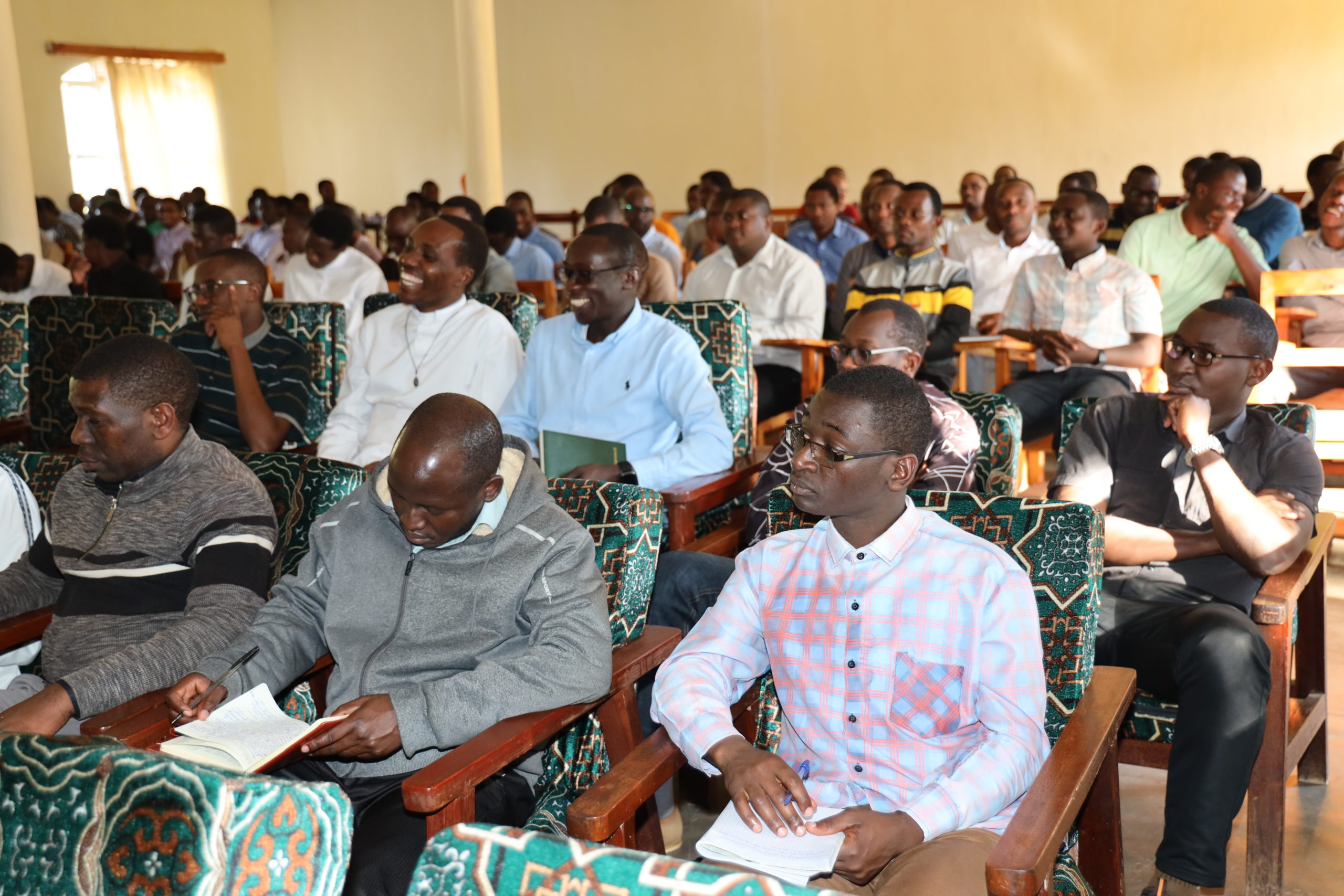Caritas Rwanda, in collaboration with the districts of Nyanza, Huye, and Gisagara, successfully organized an inclusive HIV awareness campaign titled “Play, Learn, Act for a Healthier Future”. This in-school tournament, held from June 21 to 25, 2025, targeted adolescents and young people, especially Adolescent Girls and Young Women (AGYW), through an engaging mix of sports, education, and real-life testimonies.
The event brought together six secondary schools across the three districts for a football competition with a powerful purpose: raising awareness about HIV testing, preventing unintended pregnancies, and fighting stigma associated with HIV. The participating schools included GS Mugombwa and ES Save from Gisagara, ES Regina Pacis and GS Butare Catholique from Huye, and ES Nyanza and Nyanza TSS from Nyanza.
Each district hosted an initial match between two schools selected due to observed student behavior concerns. The goal was to use friendly competition as a platform for positive behavioral change. These matches produced three district-level champions: Nyanza TSS (Nyanza), GS Mugombwa (Gisagara), and ES Regina Pacis (Huye), who then advanced to inter-district competitions.
Tournament highlights
The semi-finals and finals were held at Karubanda and Kamena stadiums in Huye District. Due to limited time, a random draw was conducted to determine which of the three district champions would automatically advance to the final. ES Regina Pacis won the draw, while GS Mugombwa and Nyanza TSS battled in a semi-final match, with GS Mugombwa emerging victorious.
The final, held on June 25 at Kamena Stadium, chosen for its proximity to schools to maximize participation, saw ES Regina Pacis defeat GS Mugombwa to claim the championship trophy. The victory was not only athletic but symbolic of the success of youth engagement in health education through innovative means.
Beyond the game: Lasting impact
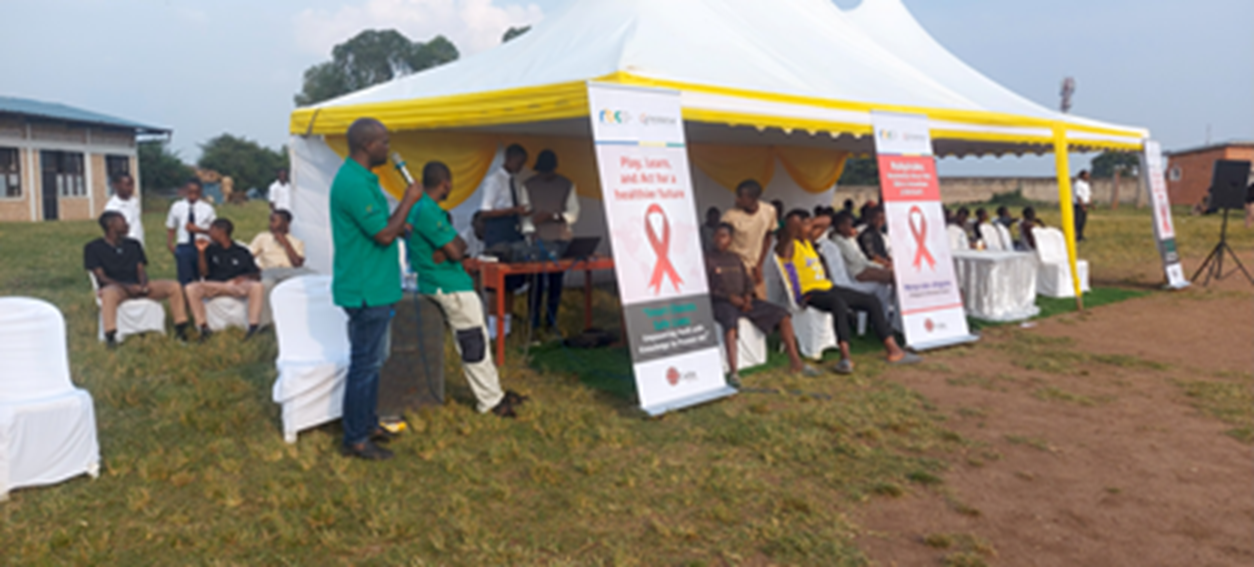
What set this initiative apart was its strategic combination of sports and education. Youth were not only entertained but also educated through integrated messages about early HIV diagnosis, responsible behavior, and support for people living with HIV. The tournament created a safe and dynamic space for peer learning, encouraged life skills development, and promoted healthy decision-making among adolescents.
Over 2,800 in-school adolescents and young people were reached through the campaign. School leaders and local authorities lauded the initiative, emphasizing its effectiveness in mobilizing communities and recommended the inclusion of girls in future tournaments to further amplify the program’s impact.
This event stands as a testament to the potential of sports as a tool for social change, proving that when youth are engaged through platforms, they are passionate about, critical messages can be delivered with lasting effect.


